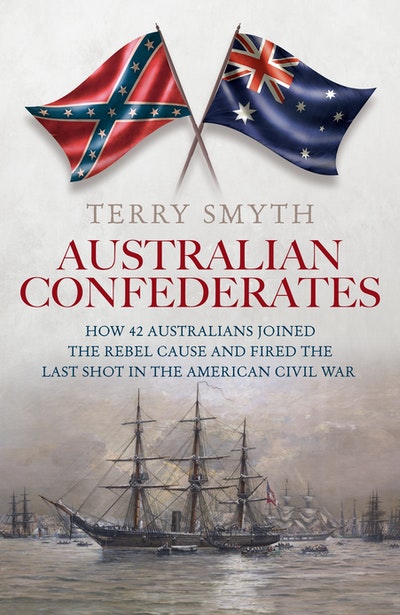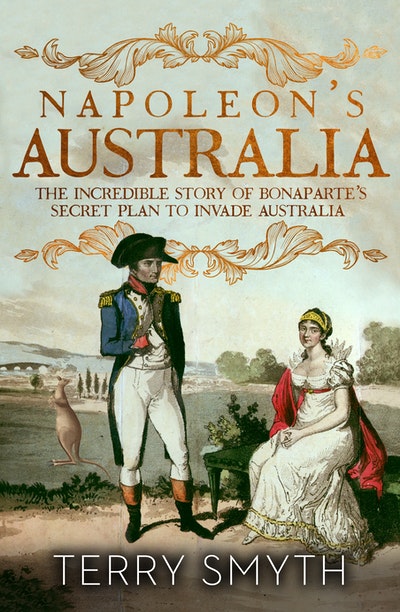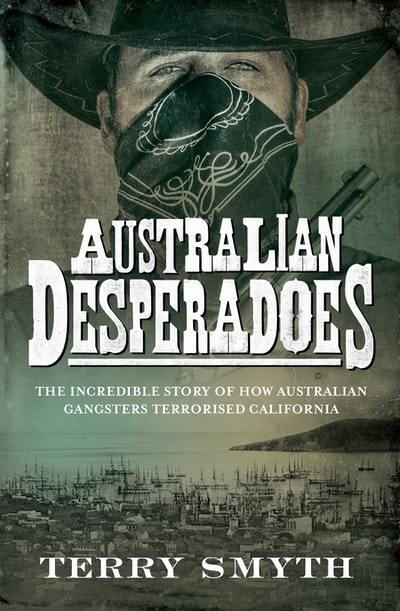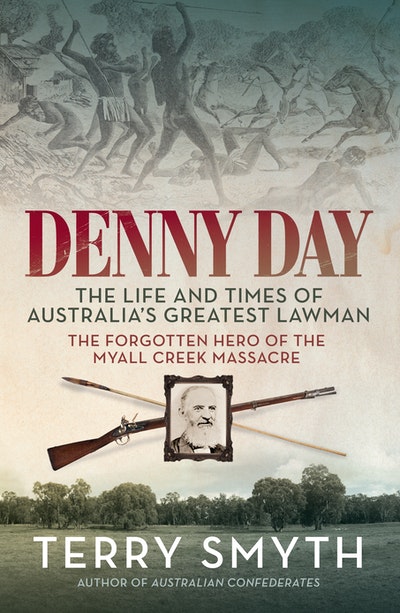IN the summer of 1865, when a Confederate warship sailed into the port of Melbourne, 42 men secretly enlisted to fight for the South in the American Civil War.
On the notorious raider Shenandoah – scourge of the Yankee merchant fleet – they sailed off to adventure and controversy, and fired the last shot of the war.
When the Shenandoah - a sleek steamer/sailer and one of the fastest ships afloat - dropped anchor in Hobsons Bay, the fledgling colony of Victoria was taken by surprise, and the Confederates had no way of knowing whether they would be hailed as heroes or hanged as pirates.
To the rebels’ surprise, Melbourne took them to its heart. Victorians came in their thousands to visit the ship, and its officers were feted as celebrities. They were wined and dined by the city’s elite, attended a ball held in their honour , mixed it with Yankee sympathisers in a barroom brawl, and charmed the ladies of Melbourne and Ballarat with their grand Southern manners.
Meanwhile, in defiance of the law against foreign warships recruiting in a neutral port, 42 men were smuggled aboard in dead of night and, once at sea, signed up to join the Confederate Navy.
For Australia – not yet a nation – 1865 was a watershed year in an age of gold rushes, bushrangers, disputes between rival colonies, and fears of foreign invasion. For war-torn America, it was the turning point in the deadliest conflict in that nation’s history. After the defeat at Gettysburg, the tide had turned against the Confederacy but the South was determined to fight on, and, in the war at sea, the Shenandoah was the last best hope.
The Shenandoah’s mission was to damage the North’s economy by attacking its commercial fleet, and, under the command of the enigmatic Captain James Waddell, the raider went on to wipe out almost the entire New England whaling fleet.
On learning that Robert E. Lee had surrendered, Waddell refused to believe the cause was lost. The Shenandoah continued harrying the Yankee fleet and fired the last shot of the war after capturing, burning and ransoming 38 Union ships and taking more than 1,000 prisoners. On accepting at last that the war had ended, the Confederates sailed around the world to England, pursued as pirates by Union warships, and surrendered to the neutral British.
Some 120 Australians are known to have fought in the American Civil War, on both sides. Looking back, it is an uncomfortable thought that Australians could sympathise with a society based on the obscenity of slavery, yet while officialdom in the colonies backed the Union and British neutrality, public opinion generally favoured the South. The gold rush era, during which the Shenandoah arrived, tended to glorify rebel causes, and the Southerners had no difficulty finding willing recruits.
Of the 42 men who signed on in Melbourne as petty officers, seamen and marines, some returned home, others dropped out of sight and one died aboard ship – the last man to die in the service of the Confederacy. This is their story.






